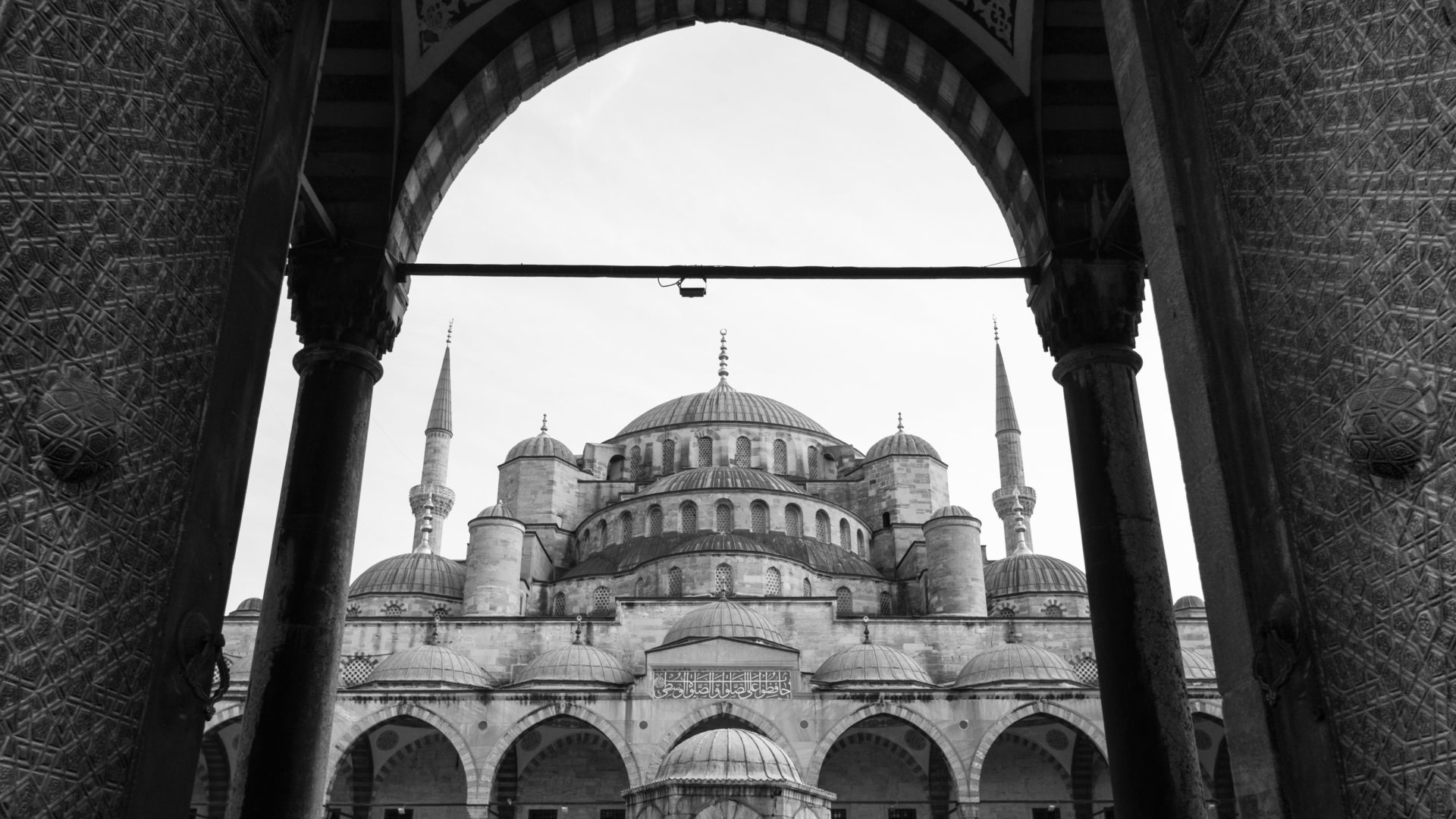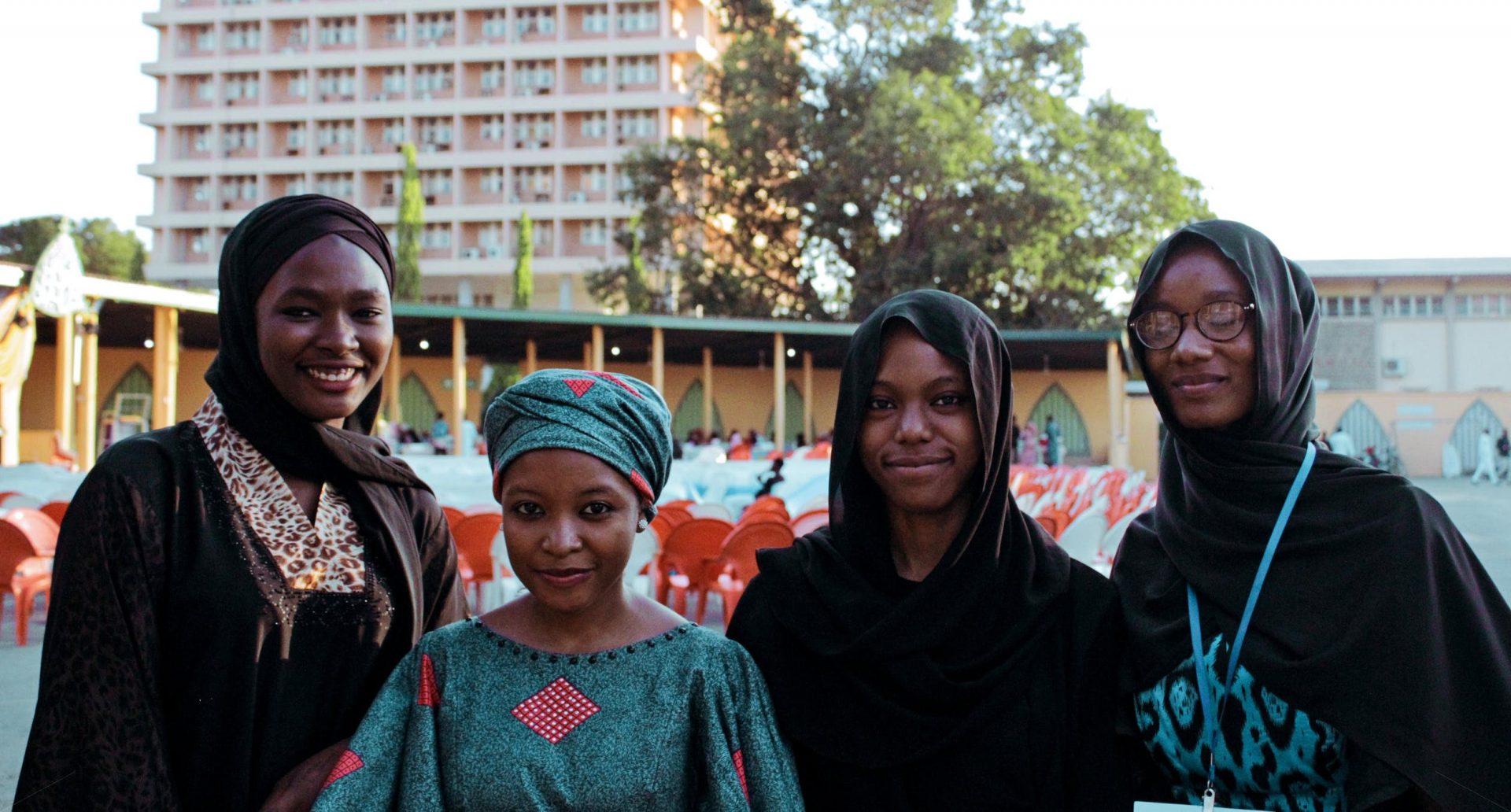An Overview of Philanthropy and Islam: A Never Ending Journey of Learning to Give
Many misconceptions about Islam tarnish its reputation. Especially in a post-9/11 world, people assume that Muslims are terrorists. This couldn’t be further from the truth.
The majority of Islamic people reject violence. Not only that, but the Islamic faith actually encourages good acts. Our devotion to Allah is evident in the way we live our lives.
There is no greater example of this than philanthropy in Islam. Muslims are arguably some of the most philanthropic individuals around. This is because the Qu’ran and the prophet Muhammad clearly outline that it is the responsibility of the wealthy to look after the poor.
Our devotion to Allah leads us to charitable giving. In fact, philanthropy in Islam is so essential to the faith that there are four distinct types of philanthropy.
Two types are compulsory while the other two are voluntary. All are important acts of worship for those living a life devoted to Allah. This article will help you understand the four types of philanthropy and how they are essential to the Islamic faith.
Zakat
The first type of philanthropy in Islam is Zakat. Zakat is so important that it is actually one of the Five Pillars of Islam.
The Five Pillars are what Muslims consider necessary to live like the prophet Muhammad. The fact that Zakat is one of these pillars demonstrates how essential philanthropy is to Muslims.
A Muslim bases the amount he gives in Zakat on the value of all his possessions. The exact amount is not outlined in the Qu’ran, but it is typically 2.5% of a person’s wealth. It is also 20% of other assets, such as livestock, precious metals, agricultural goods, and minerals.
It can be a bit confusing to determine how much one should pay in Zakat. Muslims give Zakat annually. They have to take many considerations into account to calculate how much they owe. One consideration is whether Zakat is payable on your Islamic super.
This act of giving Zakat is an act of worship.
Recipients of Zakat
Muslims have a vested interest in the things we support. It is important that the recipients of Zakat are those who are in need.
Zakat is distributed to the poor and needy who can’t afford to live. Those who collect Zakat are also eligible recipients because they cannot afford to live a normal life without assistance.
New converts to Islam may receive Zakat to help them as they adjust to their new life. Zakat is also distributed to noble causes, such as freeing slaves or helping people pay off debt.
Those striving in the way of Allah may also receive Zakat, especially if they are fighting usurpers. Finally, Zakat can be given to travelers who are in need of assistance for their journey.
Benefits of Zakat
Despite the fact that zakat is obligatory, it does a lot of good in society.
Through Muslim philanthropy, society as a whole is able to rise. Zakat improves the lives of the poor. It is a form of social support for those in need. In fact, it is the first known welfare system that redistributes wealth to the poor and needy.
Zakat also boosts the economy. Instead of the wealthy hoarding all the money, Zakat redistributes the money so it can circulate through the entire economy.
Zakat also teaches Muslims about sacrifice. Through Zakat, our commitment to Allah can be strengthened. Zakat provides a means to demonstrate that we value Allah above all else, including money and wealth.
Fitrana
Another obligatory form of philanthropy in Islam is Fitrana.
Muslims pay Fitrana at the end of the month of Ramadan. During the month of Ramadan, Muslims fast and pray.
Muslims do not eat during the daytime for the entire month of Ramadan. From sunup to sundown, we abstain from food and drinks. This allows us to feel the pain of those who sometimes go without these basic necessities.
At the end of the month, Fitrana allows us to provide for those in need. It is given after sunset on the last day of our Ramadan fast.
Muslims celebrate the end of Ramadan with a three-day festival called Eid-ul-Fitr. By giving Fitrana, we provide food for those who would otherwise not be able to eat and celebrate this festival.
Muslims must pay Fitrana if they are of age, of sound mind, and are not poor or needy. Those with dependents in their care, whether young children or elderly parents, also pay Fitrana for those dependents.
Fitrana is a set amount regardless of one’s wealth. It is equal to three and a half kilograms of a staple edible item. This could be wheat, barley, or rice.
Muslims give this amount of food to the needy. They can also give the equivalent amount of money. Since it is based on the value of these food items, the amount of money a Muslim gives is based on the economy at the time.
The recipients of Fitrana are typically the same as those who receive Zakat−the poor and needy.
By giving Fitrana at the end of Ramadan, Muslims are able to provide food for those who would not otherwise be able to afford it. This act of philanthropy enables Muslims to care for the less fortunate and live out their devotion to Allah.
Waqf
Islam also emphasizes voluntary forms of philanthropy. Waqf is a voluntary form of giving practiced by many Muslims who are devoted to Allah.
Waqf is a voluntary donation of property or land for charitable or religious purposes. This could be a building, a plot of land, or another asset. A Muslim who gives Waqf must have no intention of reclaiming the land.
The intention of Waqf is to devote a piece of land or property to Allah. Because Allah is unable to enjoy worldly possessions, it is given to those in need or dedicated to religious purposes.
The giver of Waqf specifies what the property should be used for when they make the donation. They can designate specific individuals or charitable causes as the beneficiaries of the donation. The designated purpose must be fulfilled by the property, as outlined in the contract.
There are regulations to ensure that this process meets the standards outlined in Islamic Law. Waqf is so common that many Islamic countries have entire ministries dedicated to deal with Waqf properties.
Waqf is an act of philanthropy that Muslims can participate in as a way to recognize their devotion to Allah. It is yet another way that Muslims look after the poor and destitute.
Sadaqa
The final type of philanthropy in Islam is perhaps the most accessible, even to those who are poor. Sadaqa is any act of goodness done for the benefit of others.
Sadaqa is voluntary, yet it is perhaps the most common form of philanthropy because it is a daily practice for followers of Allah.
Anyone can give Sadaqa, even the recipients of other forms of charity. The Prophet Muhammad emphasized this when he said “there is a Sadaqa due on every Muslim. If he cannot give because he has no money, let him work so he can support himself and give charity; if he is unable to work, then let him help someone in need of his help; if he cannot do that, let him adjoin good; if he cannot do that, then he should not do evil or harm others.”
Examples of Sadaqa
Because any act of goodness is Sadaqa, it can come in many forms. A Muslim can practice Sadaqa by praying for another person. They can share knowledge or advice. Even a simple smile directed at a Muslim brother is an act of Sadaqa.
Any act of goodness−forgiving a friend, visiting the sick, giving your time to help someone in need−is Sadaqa. It goes beyond monetary giving. It emphasizes compassion for others.
Of course, acts of charity outside of Zakat, Fitrana, and Waqf are also forms of Sadaqa. It includes monetary giving, it just goes beyond this. Sadaqa allows Muslims to practice acts of goodness daily as an act of devotion to Allah.
Philanthropy In Islam
It is evident that followers of Islam practice philanthropy often. Muslims are able to practice these acts of charity as a form of worship.
There is mandatory philanthropy required of all Muslims. This comes in the form of Zakat and Fitrana. Through these practices, Muslims are able to provide for those in need.
There are also forms of voluntary philanthropy. Waqf and Sadaqa allow Muslims to go beyond what their faith requires of them and live out their devotion to Allah.
As a company devoted to Islamic investing, we practice philanthropy by supporting our community. To learn more about how we support our community, click here.
Share this
You May Also Like
These Related Stories

Stock Highlight: Henry Schein Inc

How Islam shaped, impacted and transformed the world we live in thorough culture, heritage and architecture


